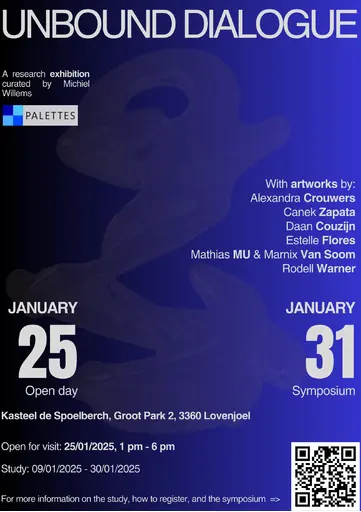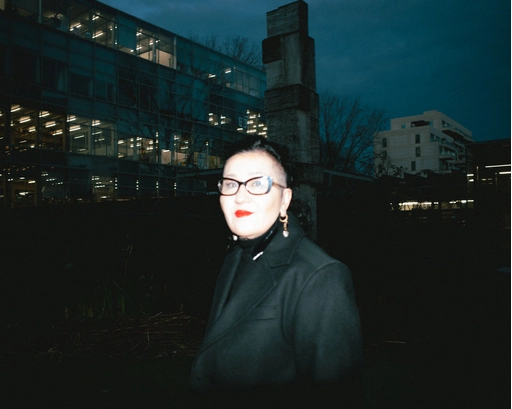event
31
Jan '25
Lecture Flavia Dzodan KU Leuven
Lecture Flavia Dzodan KU Leuven
On January 31st, research professor Flavia Dzodan will be part of a symposium at KU Leuven in Belgium, giving a presentation on Amorino Latente and the impossibilities of algorithmic translation in art. The symposium is being organized as a concluding event to the research exhibition "Unbound Dialogue" organized as part of the PALETTES research group at KU Leuven.
Flavia Dzodan's talk at the symposium
Flavia Dzodan will talk about about the challenges of translating art and its emotional resonance through algorithmic and computational systems. Centered on Caravaggio’s Amorino Dormiente (Sleeping Cupid in English), it examines how the diminutive and affectionate Amorino evokes an intimate emotional depth that is flattened and lost when translated into the more generic and commercialized figure of Cupid. This linguistic and cultural shift becomes a lens to explore a broader tension: how algorithmic systems, driven by taxonomies and efficiency, reduce affective and nuanced works into simplified, consumable data points. Reflecting on the role of AI in art, the lecture considers how these systems not only mediate but also distort the emotional and ontological dimensions of creative works, raising critical questions about perception, meaning-making, and the politics of artificial intelligence in contemporary art.
The registration form and more information for the symposium can be found here:
michielwillems.pubpub.org
The registration form and more information for the symposium can be found here:
michielwillems.pubpub.org
Exhibition "Unbound Dialogue"
The symposium is part of an exhibition that presents the work of contemporary artists, namely: Alexandra Crouwers, Canek Zapata, Daan Couzijn, Estelle Flores, Mathias Mu, Marnix van Soom, and Rodell Warner. The central question is how observers perceive art created through the use of artificial intelligence. Each artwork on display addresses the use of AI in art or the use of digital media. The objective of the research exhibition is to gain a comprehensive understanding of how digital art and AI-mediated art is perceived, how viewers engage in a dialogue with these artworks, and how they also construct meaning from such artworks. In addition to interviews conducted with the artists and other relevant parties, the exhibition will be open to the general public on January 25. The advent of a new medium, technology, and art form represents a significant development that the symposium and exhibition will help to contextualize.

research group
Algorithmic Cultures
Algorithmic Cultures
